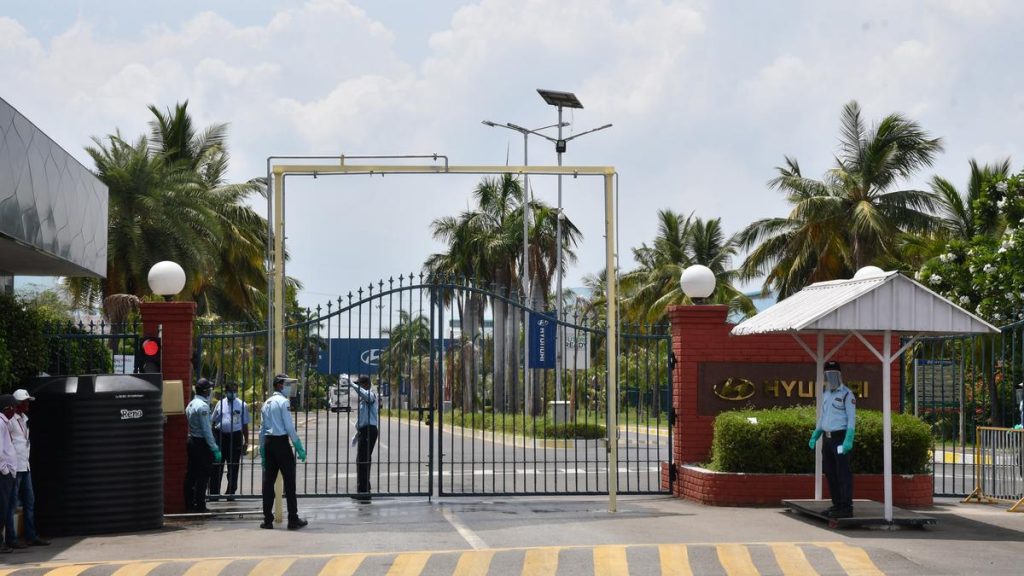Now Reading: NCST Launches Probe into Two-Decade-Old Additional Responsibilities
-
01
NCST Launches Probe into Two-Decade-Old Additional Responsibilities
NCST Launches Probe into Two-Decade-Old Additional Responsibilities

Quick Summary
- Formation of Special Committee: The National Commission for Scheduled Tribes (NCST) has created a special committee along with three sub-committees to perform eight additional duties related to tribal welfare, first assigned in 2005.
- Mandate Details: The duties include protecting tribal rights like ownership of minor forest produce, water and mineral resource access, land alienation prevention, implementing the Panchayat (extension to Scheduled Areas) Act (PESA), livelihood strategies, rehabilitation efficacy for displaced tribals, forest conservation involvement for tribes, and eliminating shifting cultivation practices.
- Special Committee Structure:
– Sub-committee led by Jatothu Hussain: Focus on livelihood strategies and ownership rights (minor forest produce and resources).
– Sub-committee led by Asha Lakra: Address issues of land alienation and rehabilitation efforts for progress-displaced tribals.
– Sub-committee led by Nirupam Chakma: Handle PESA implementation,forest conservation roles for tribes,and elimination of shifting cultivation.
- Challenges Highlighted: NCST historically faced limitations due to lack of staff and funding. Currently exploring consultants’ assistance if internal resources are insufficient.
- timeline: Final report expected by the end of this financial year; field visits are planned during preparations.
Indian Opinion Analysis
The creation of dedicated committees within the NCST after two decades reflects a renewed commitment toward addressing longstanding gaps in safeguarding tribal rights. Implementing these functions effectively could bolster protections against critical issues such as resource exploitation or displacement due to development projects. Though, challenges such as inadequate resources mentioned previously highlight systemic inefficiencies that must be tackled urgently if any ample progress is anticipated.India’s tribal population often faces marginalization despite constitutional safeguards. Proper execution of this initiative could empower these communities economically while preserving their cultural integrity through focused legislation like PESA. It remains crucial that field studies yield actionable insights rather than delay progress further amidst bureaucratic constraints-something public accountability can increasingly demand going forward.
read more at The Hindu.

























